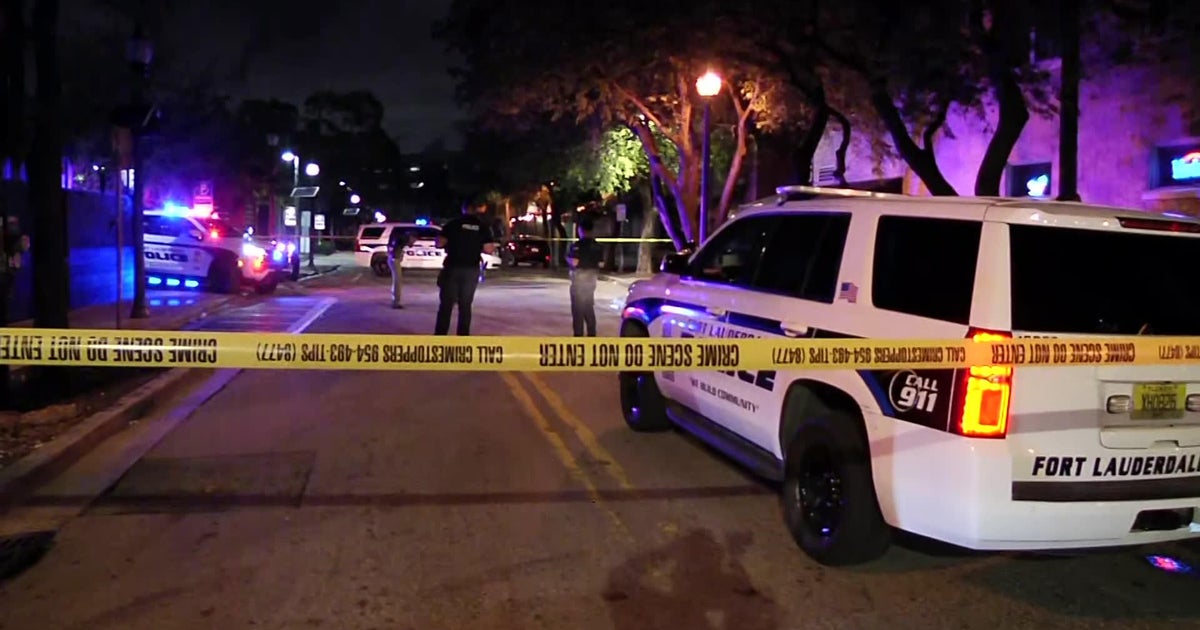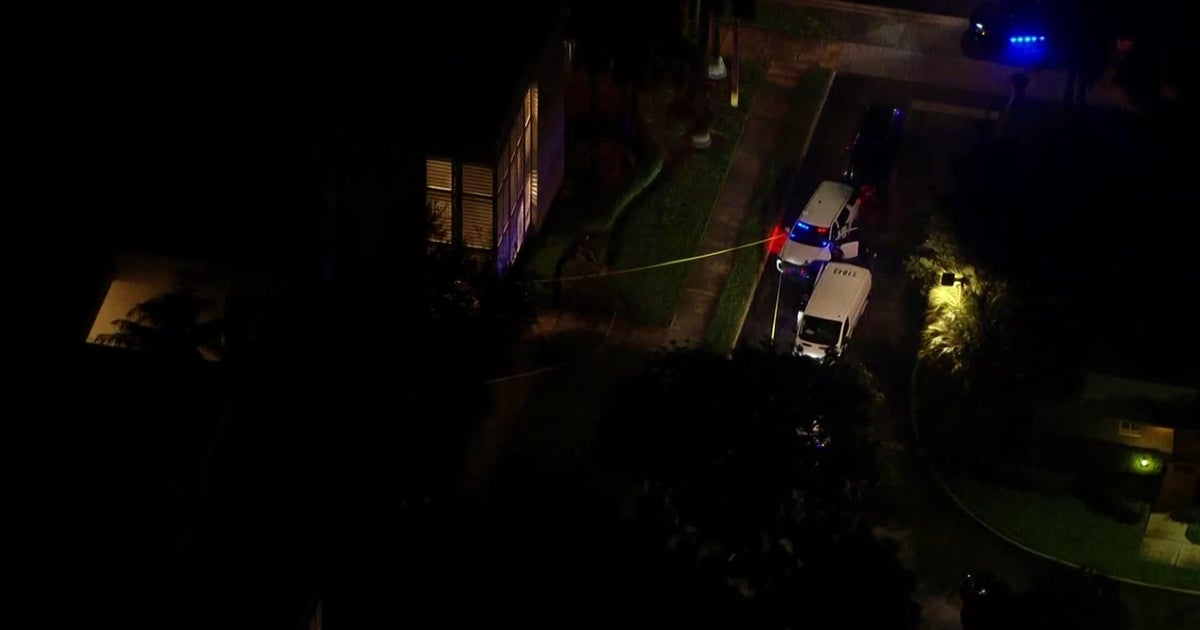Parkland gunman penalty trial, pyschologist said Nikolas Cruz suffered fetal alcohol damage
FORT LAUDERDALE - FORT LAUDERDALE - After a week-long break, the jury in the penalty trial of Parkland school gunman Nikolas Cruz got back to work Monday.
It's been nearly a year since Cruz pleaded guilty to murdering 17 students and staff members at Parkland's Marjory Stoneman Douglas High School on Feb. 14, 2018. His trial is only to decide whether he is sentenced to death or life without parole.
During Monday morning's proceeding, attorneys argued over what a neuropsychologist could tell the jury about his findings on Cruz.
Defense attorneys are trying to convince at least one juror that Cruz was "damaged" from his biological mother's drug and alcohol use, and should be sentenced to life in prison, without the chance for parole, instead of the death penalty. For the seven-man, five-woman jury to impose a death sentence, the vote must be unanimous.
Paul Connor, a Seattle-area neuropsychologist, said medical records and testimony by prior witnesses show that Brenda Woodard drank and used cocaine throughout much of her pregnancy before Cruz's birth in 1998. Woodard, a Fort Lauderdale prostitute, gave up the baby immediately after to his adoptive parents, Lynda and Roger Cruz. Woodard died last year.
Connor, testifying by Zoom, told jurors that people with fetal alcohol spectrum disorder show, at a young age, problems with motor skills, impulse control, socializing, and paying attention - problems previous defense testimony showed Cruz had.
Cruz's preschool teachers testified he couldn't use utensils or run without falling. He was diagnosed with attention deficit hyperactivity disorder as a young child and teachers testified that he was extremely anxious and had trouble making friends. He would have frequent outbursts in class and at home, school records and testimony show. By middle school, he was making threats.
Connor said he measured Cruz's IQ at 83, which he said matches the slightly below-average intelligence many people with fetal alcohol issues often score.
Lead prosecutor Mike Satz finished his primary case last month. He played security videos of the shooting and showed the rifle Cruz used. Teachers and students testified about watching others die. He showed graphic autopsy and crime scene photos and took jurors to the fenced-off building, which remains blood-stained and bullet-pocked. Parents and spouses gave tearful and angry statements about their loss.
In an attempt to counter that, assistant public defender Melisa McNeill and her team have made Cruz's history their case's centerpiece, hoping at least one juror will vote for life.
After the defense concludes its case in the coming weeks, the prosecution will present a rebuttal case before the jury's deliberations begin.




